Teaching
Teaching is a passion for me – it’s one of the things I love most about being a professor. I design my courses to help students simultaneously develop both their technical and critical thinking skills so they are empowered to tackle society’s most complicated problems. As a founding faculty member of Integrated Engineering at the University of San Diego, I’ve had the privilege of building a brand new engineering curriculum from the ground up.
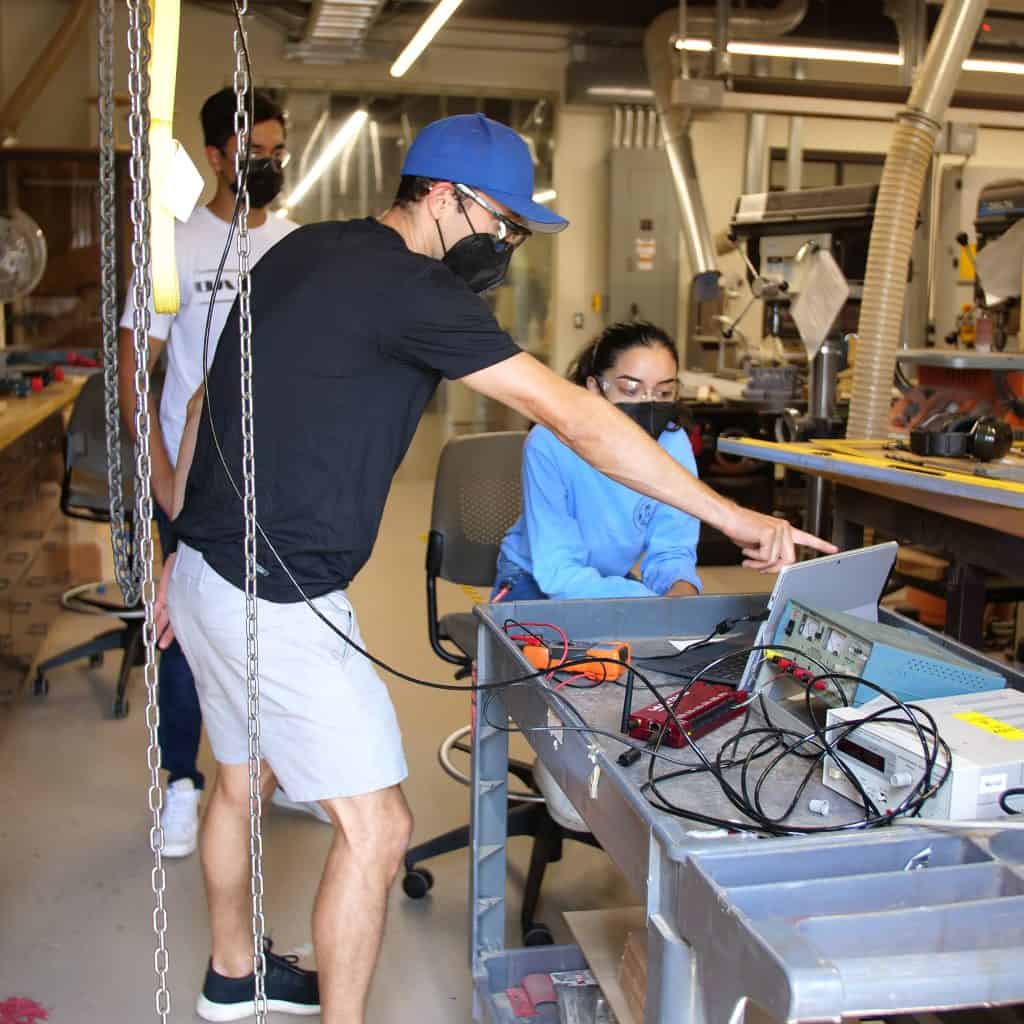
01
Capstone Design
This hands-on, project-based course provides students with the opportunity to apply the knowledge and skills they have acquired throughout their engineering education to a previously unsolved problem. This course serves as the culminating experience for engineering students, giving them the chance to work with an external mentor. Students work in teams to design, build, and test prototypes, as well as present their findings and solutions in multiple venues. The course provides students with a challenging and rewarding experience that prepares them for a career in engineering. By the end of the course, students gain valuable experience in project management, teamwork, technical writing, and oral presentation, as well as a deeper understanding of the engineering design process.
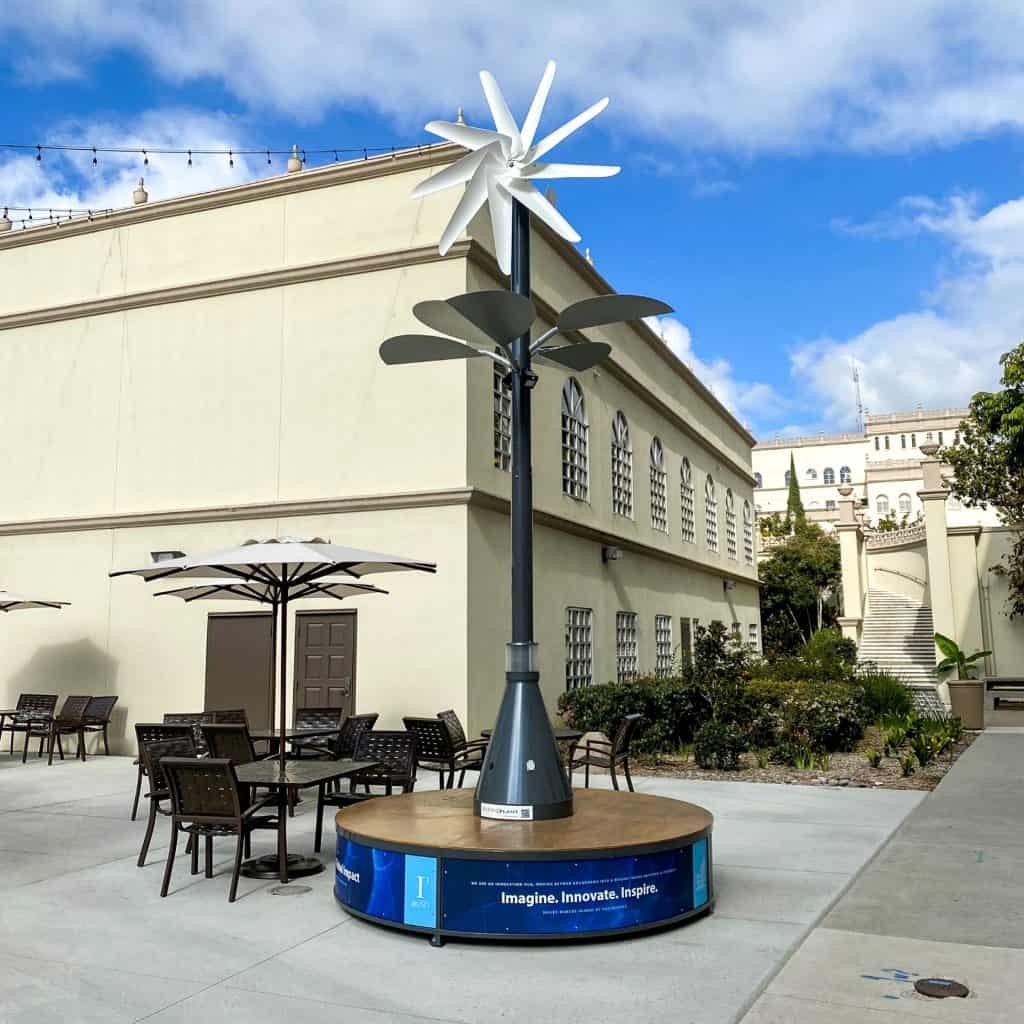
02
Integrated Approach to Energy
How can we create a sustainable energy future? In this course students learn the engineering behind both energy production and consumption. The discussion of energy production is grounded in a California context and highlights the fundamental operating principles of solar, wind, and natural gas power plants. The course also explores the global energy landscape and considers contemporary sociotechnical challenges related to energy. Discussion of consumption is focused primarily on the residential and commercial sectors. By the end of the semester students are able to identify, formulate, and solve a range of engineering problems related to energy.
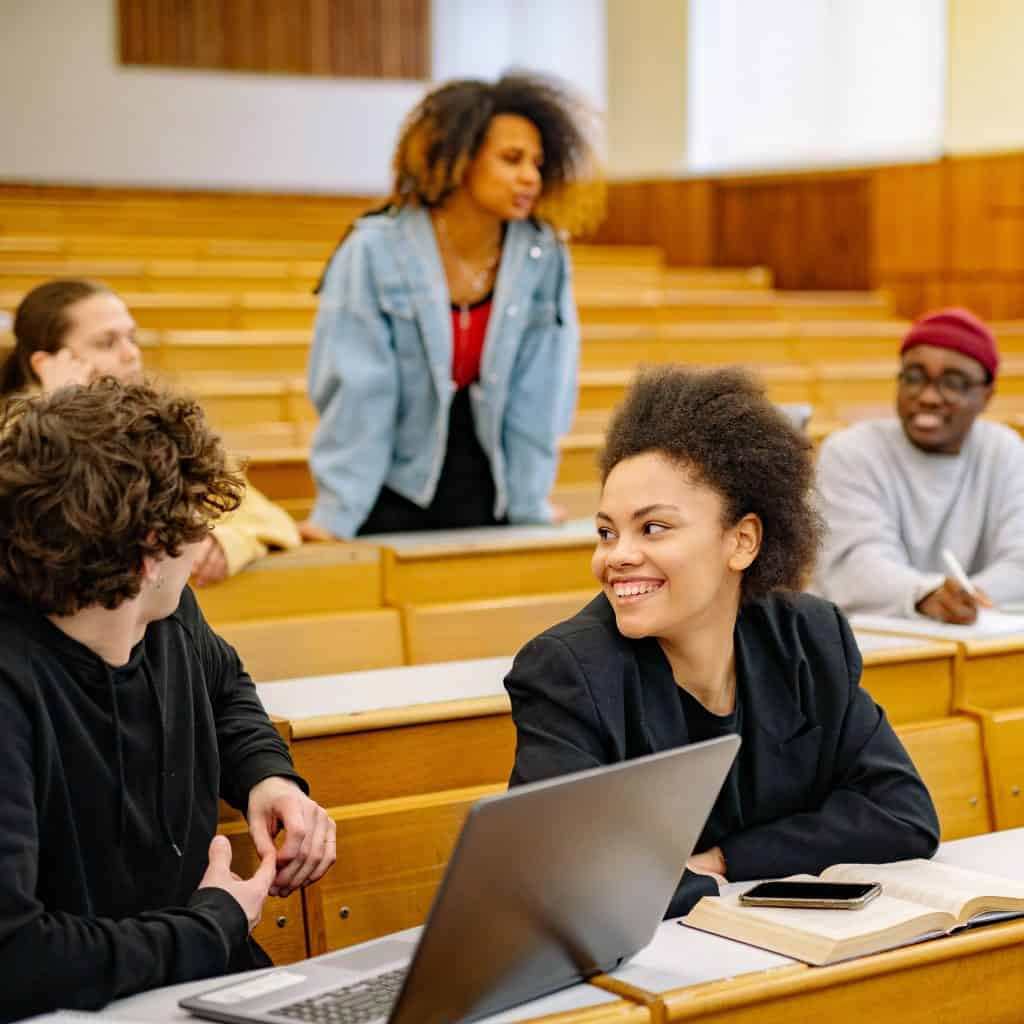
03
Engineering 101
This introductory course is designed to provide students with a broad understanding of engineering. Topics include engineering design, problem-solving, ethics, and the impact of engineering on society. Students explore the various branches of engineering including mechanical, electrical, integrated, and industrial engineering. They also learn how engineers use mathematical and scientific principles to design and create new products and systems. The course includes a mix of lectures, hands-on activities, and group projects to engage students in the learning process. By the end of the course, students develop a solid understanding of the engineering profession and are well-equipped to pursue further studies in this field. Engineering 101 is a great starting point for anyone interested in pursuing a career in engineering, or for anyone looking to learn more about the field and its impact on the world.
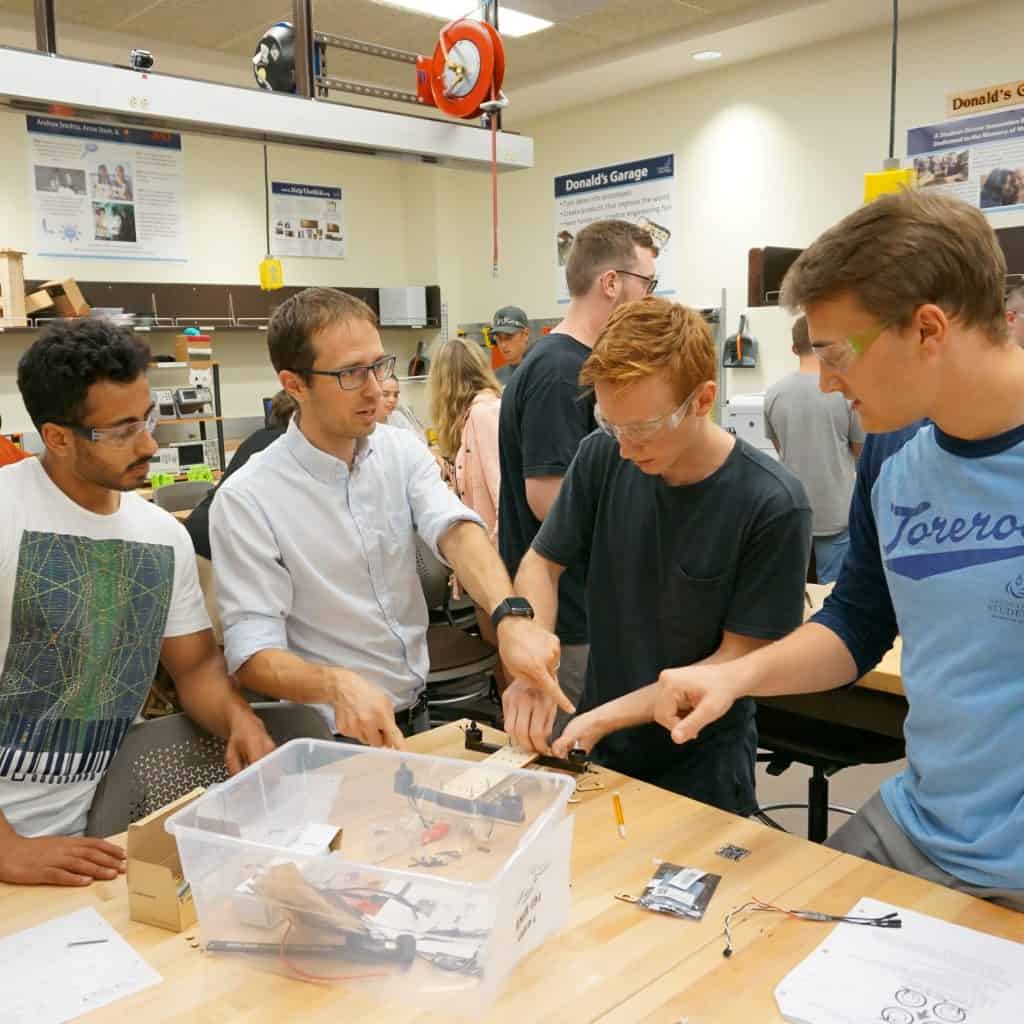
04
Drones for Good
In this class students from the School of Engineering and the School of Peace Studies come together to design a drone that will have a positive impact on society. Students work in interdisciplinary teams on this semester long project. The foundation of the class is rooted in the social sciences and starts with an investigation of what it means to be an engineer or a peace builder. This is followed by the engineering challenge of building a drone. Underlying the entire semester is a project where students develop their entrepreneurial skills: designing a drone for positive social impact based on an unmet social need.
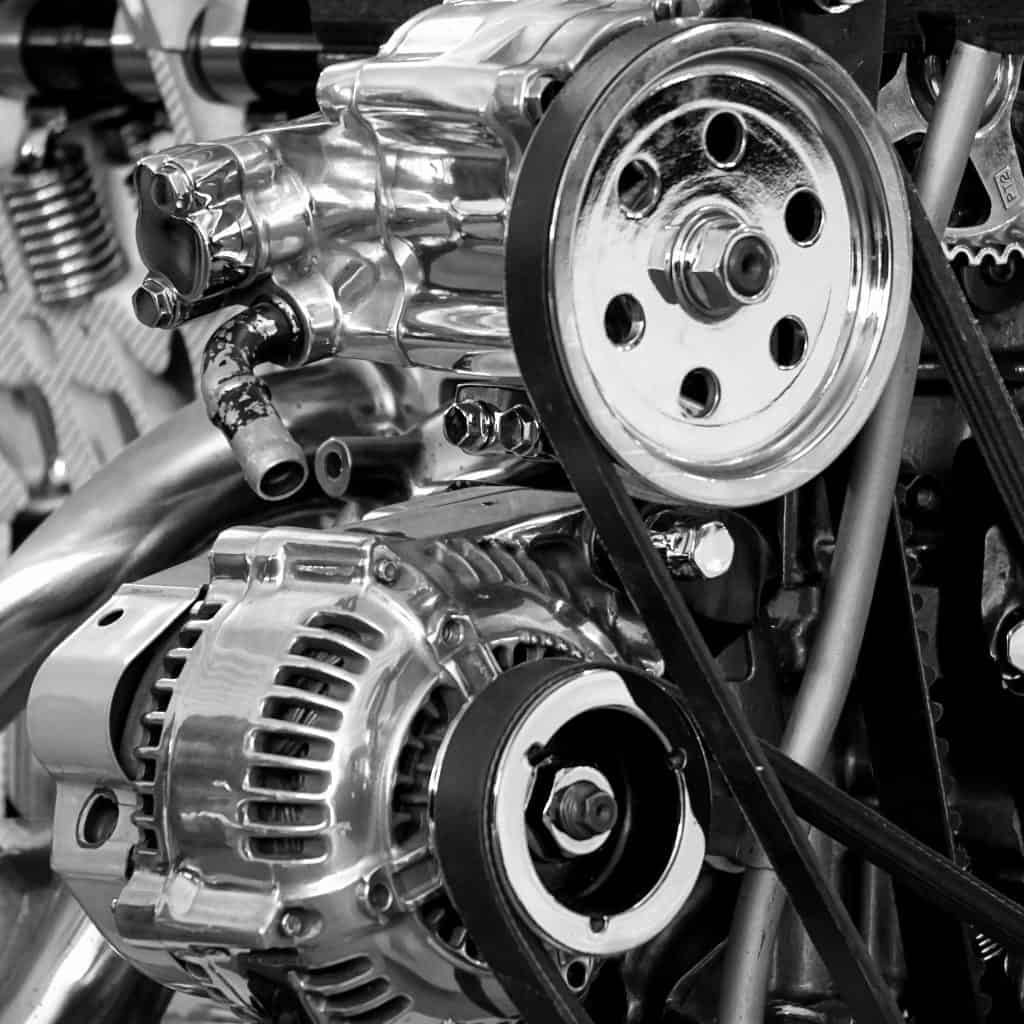
05
Thermodynamics
This class is a comprehensive study of the principles and applications of thermodynamics in engineering. Topics include the basic laws of thermodynamics, including the First and Second Laws of Thermodynamics, as well as their applications to engineering systems such as power plants and vehicles. Students learn about thermodynamic properties, thermodynamic cycles, and energy transfer in various systems, including power and refrigeration systems. Upon completion of the course, students have a solid foundation in the principles and applications of thermodynamics and are well-equipped to tackle more advanced topics in the field.